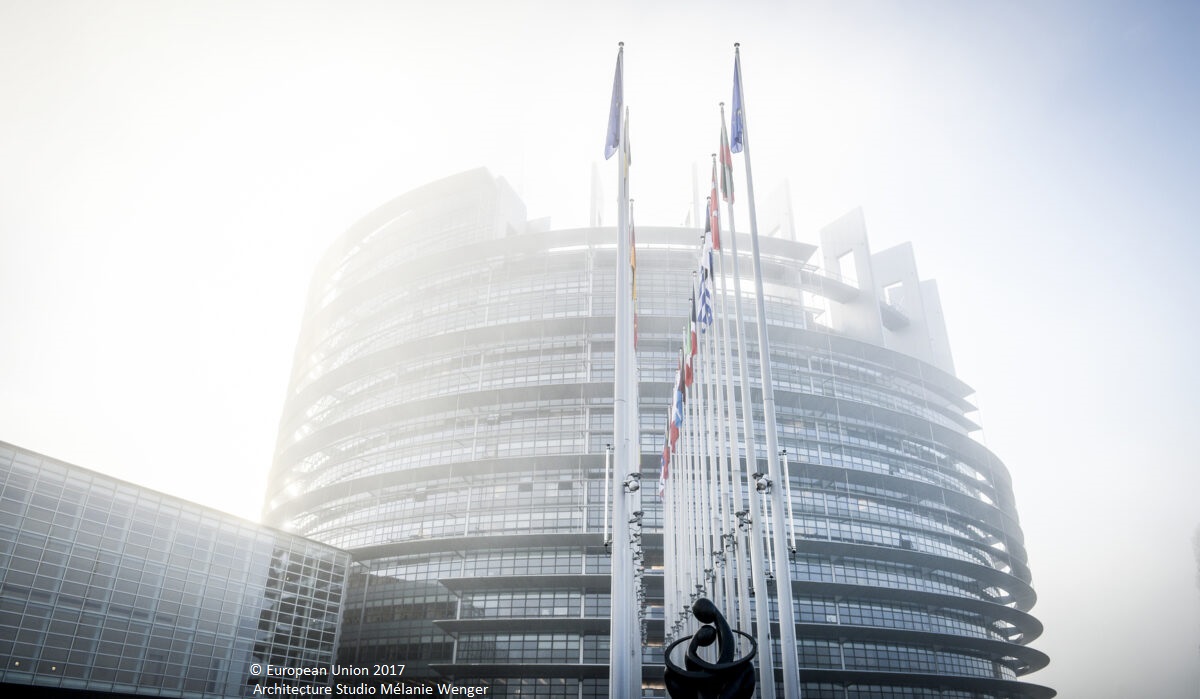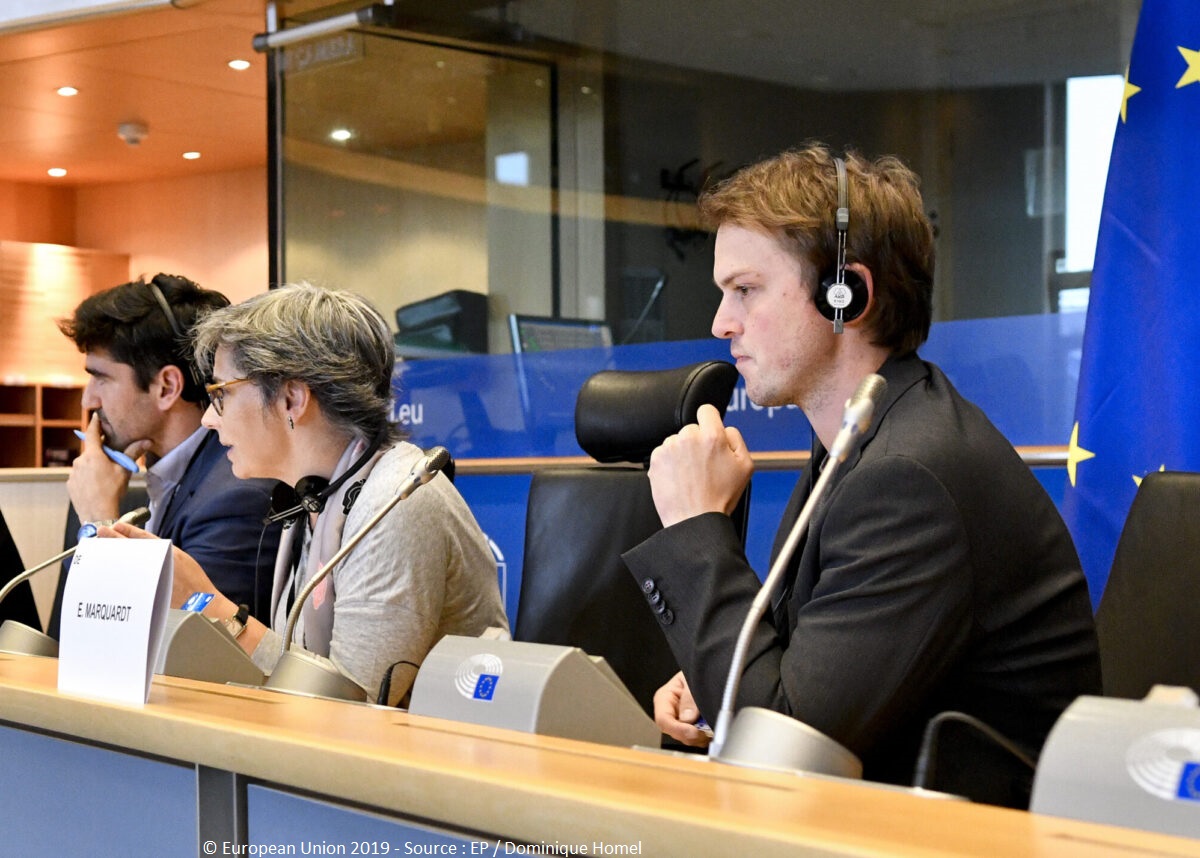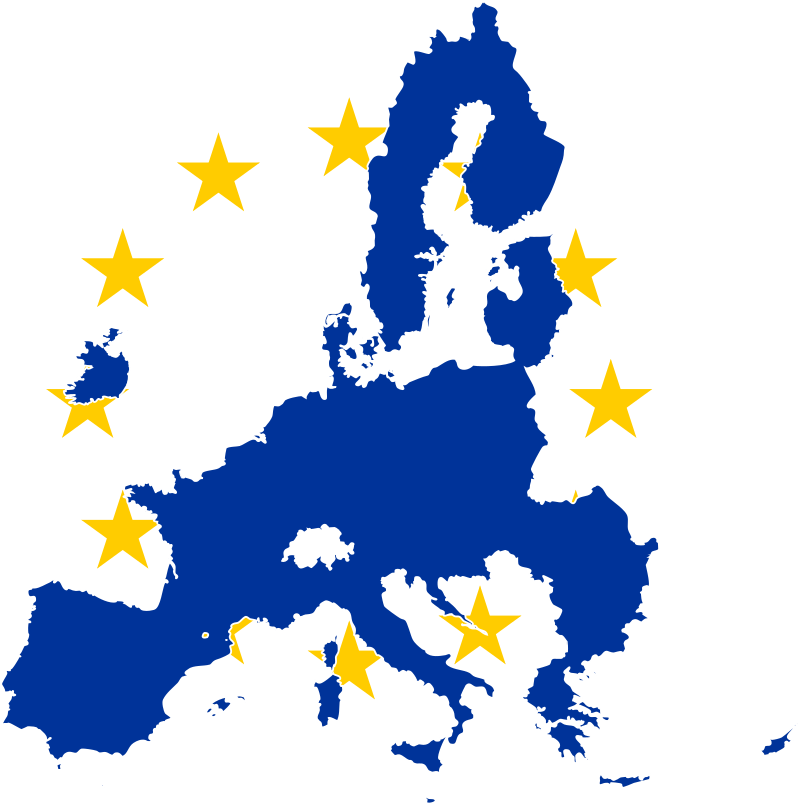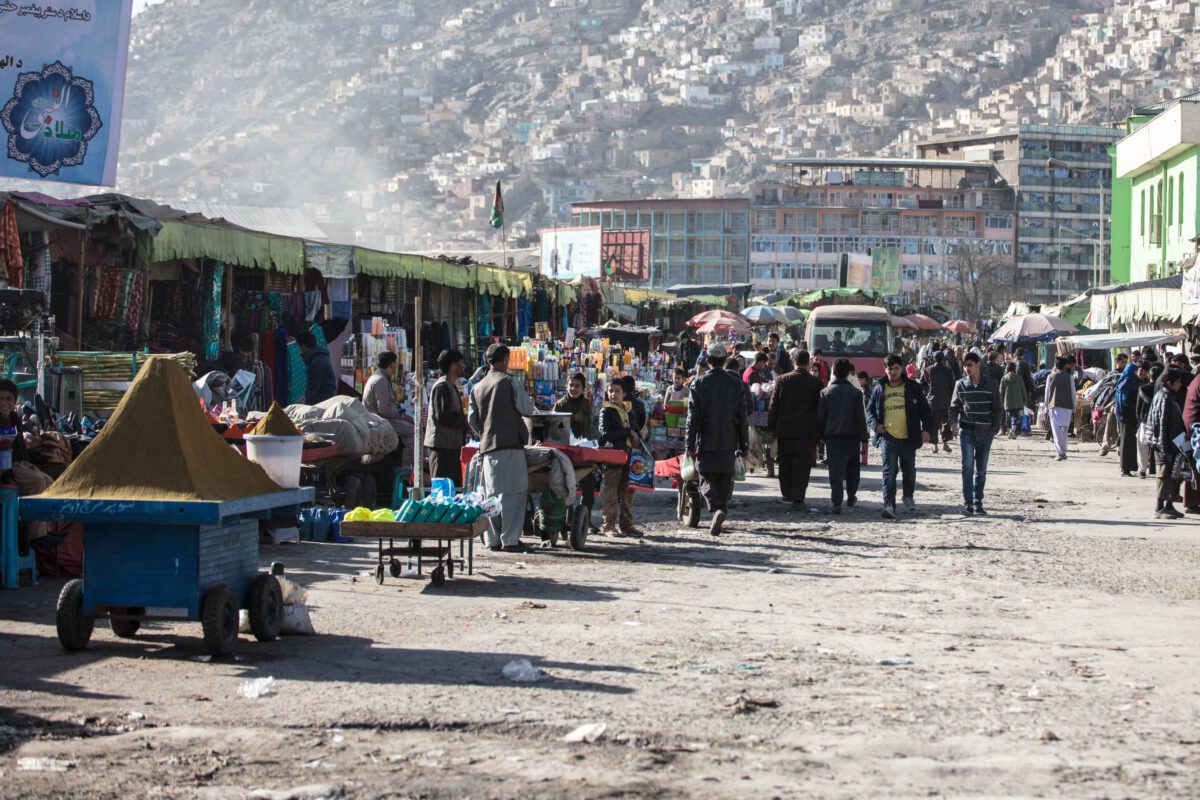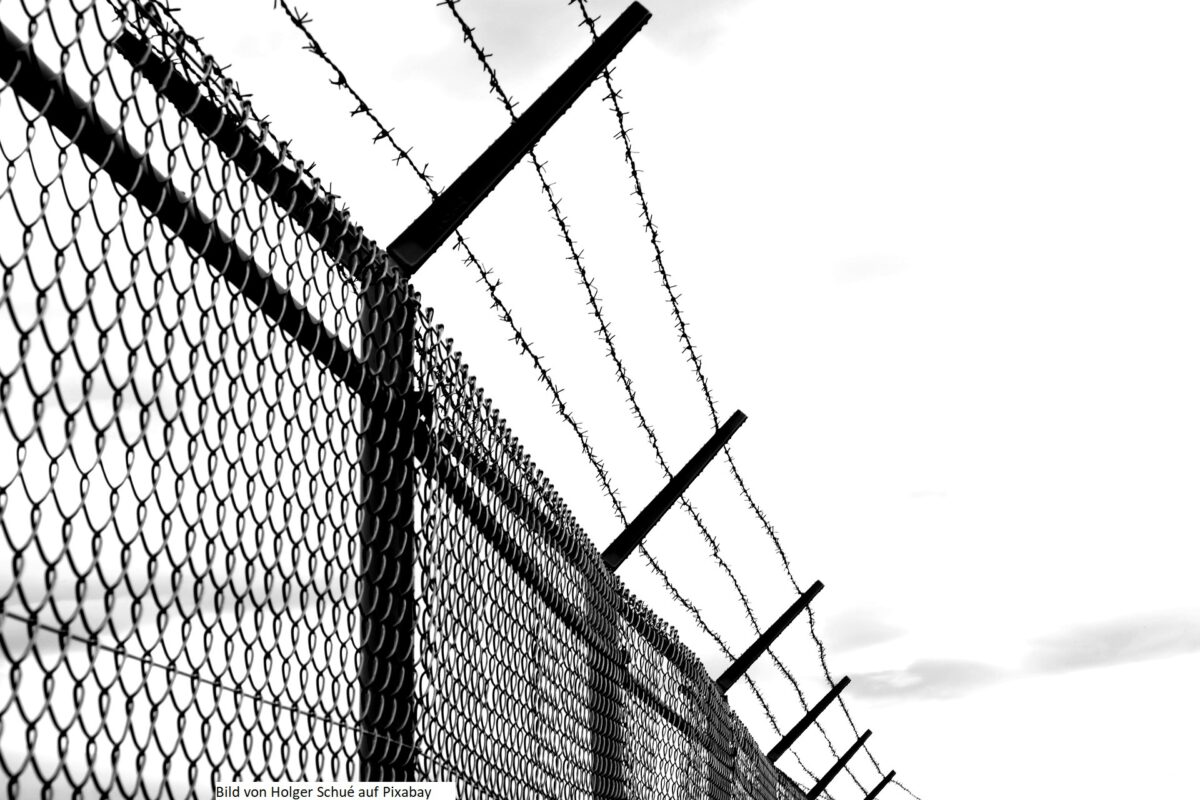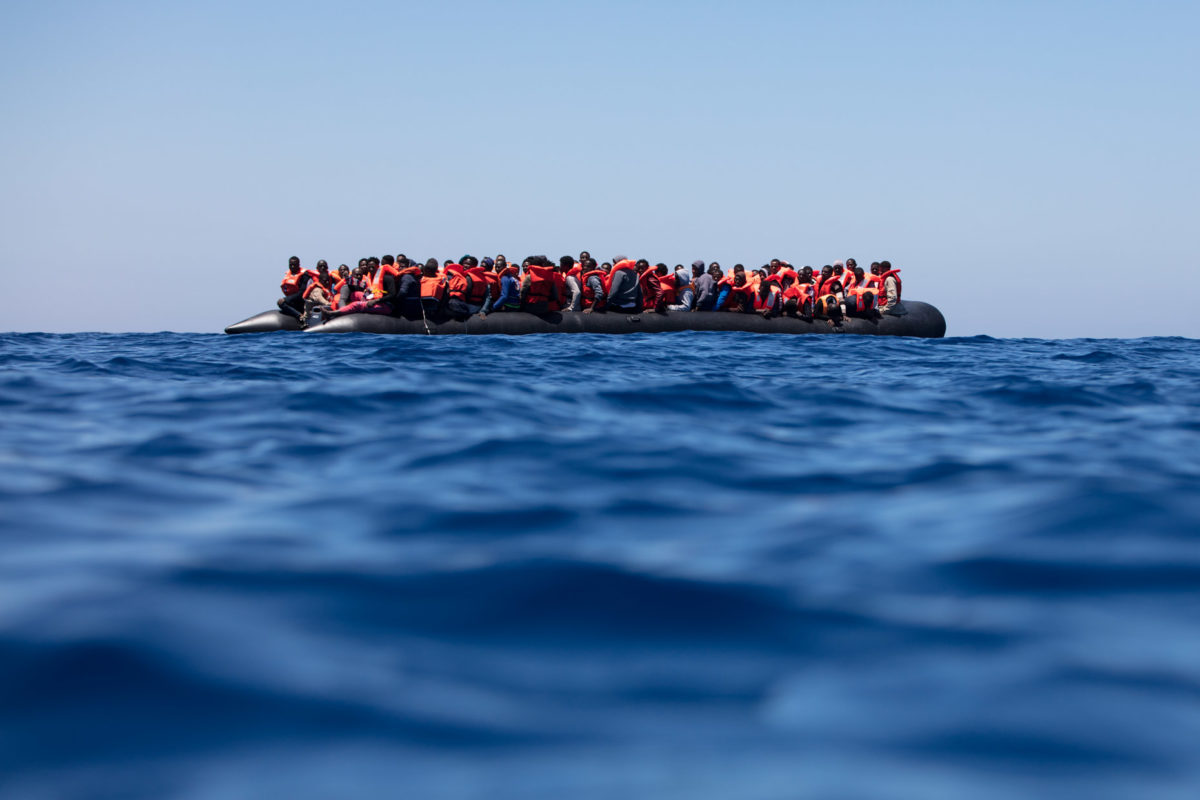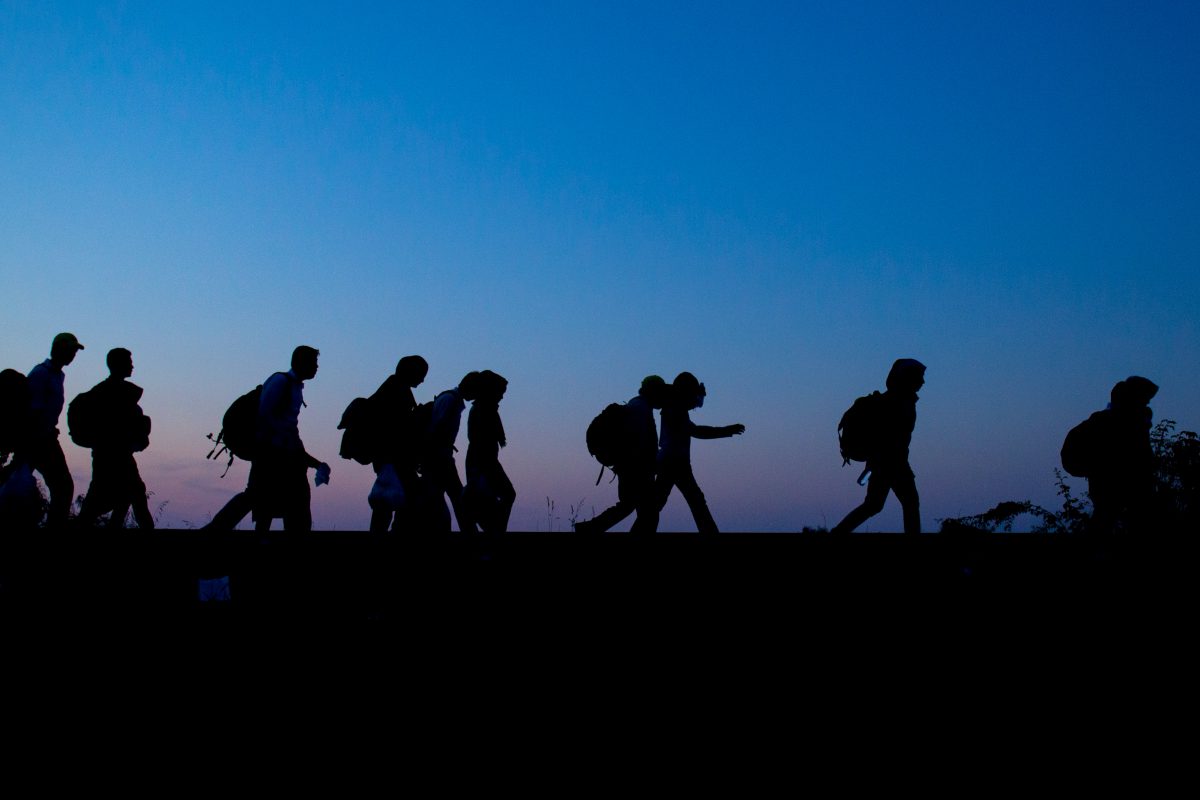Newsletter: What was important last month
20/01 January in the European Parliament
Herewith you get my monthly review, with the following categories: The "News from the Borders" give you an update on the situation at the external borders, "Asylum and migration in Parliament" gives an insight into what is happening in my focus area in Parliament, and "What else is important" takes a look at other topics that are important to me. In addition, there is at the end "Good News".
News from the Borders
Situation in Greece and Bosnia-Herzegovina worsens
The situation in the camps at the Greek external borders is getting worse and worse. Repeatedly the new Moria was flooded due to heavy rains, it is cold and strong winds made life in the tents even more difficult. Meanwhile, in Bosnia, thousands of people are trying not to freeze to death in the snow and sub-zero temperatures. The burned down Lipa camp is considered uninhabitable despite new tents.
How the current situation in Bosnia-Herzegovina could come about and what needs to be done now, I have explained in a Post on my homepage and in the current episode of my podcast "Thick Board" discussed.
At least 127 people died trying to reach Europe in January
105 people drowned in the Mediterranean, 22 while trying to reach the Canary Islands from the African mainland. Despite the many deaths, civilian sea rescuers continue to be prevented from doing their work.
You can find out more about the accidents on the project page "Missing Migrants" of the IOM and in this Article in the Frankfurter Rundschau.
My daily newsletter on Telegram
If you want to learn more about the current situation at the European external borders, you can my daily newsletter on Telegram Subscribe.
Asylum and migration in Parliament
Frontex
A Frontex working group of the European Parliament will investigate the scandals surrounding the European border management agency Frontex. As we have been calling for months, the working group will look into the allegations of illegal "pushbacks" against refugees. This is an important step on the road to the rule of law at the European external borders. The serious allegations of human rights violations at the EU's external borders must be clarified. Furthermore Frontex ceases its activities in Hungary. The reason for this is that Hungary continues to illegally deport people to Serbia despite the ECJ ruling and Frontex would thus be complicit in breaking EU law.
Plenary debate on the humanitarian situation at the external borders
In my speech, I drew attention to the EU's complicity in the untenable conditions for refugees in Bosnia-Herzegovina. (DE) Mr President, Commissioner, ladies and gentlemen, having discussed this issue time and time again in the European Parliament, we must now see action. The full plenary debate on the humanitarian situation of refugees can be found here in the European Parliament Media Centre. For the theme you must enter below on the time display between 11:45 and 13:01.
My report on asylum procedures at the EU's external borders
At the first meeting of the Home Affairs Committee this year, a broad majority my own-initiative report on the implementation of asylum procedures at the EU's external borders adopted. This ability to compromise on the part of Parliament leads me to look forward to good cooperation in future negotiations on the dossiers. of the Asylum and Migration Pact hope.
What else is important
European Parliament calls for immediate halt to construction of Nord Stream 2
Following the arrest of the Russian opposition activist Nawalny, the EU Parliament has joined with a large majority in our call for a halt to the construction of Nord Stream 2. The German MEPs in our group voted unanimously against the Baltic Sea pipeline. That Russian natural gas is simply no longer needed in Europe, shows, among other things, this study by the DIW.
European immunisation strategy
Together with other Members, I have co-signed a letter to the Commission and the Council calling for a solidarity-based distribution of vaccines worldwide and, in this context, also pointing out the EU's responsibility towards economically less strong regions. For we can only overcome this pandemic if we combat the virus globally.. You can find the letter on the homepage of my group colleague Reinhard Bütikofer.
Good News of the month
A French baker successfully defends himself against the deportation of his apprentice
With a hunger strike and a wave of solidarity, the French Stéphane Ravacley prevents the deportation of his apprentice to Guinea. Newspapers in this country are also reporting on the case, which is making waves in France.
From now on you can get’s monthly review as a newsletter directly in your mailbox. For this you can subscribe register here.
